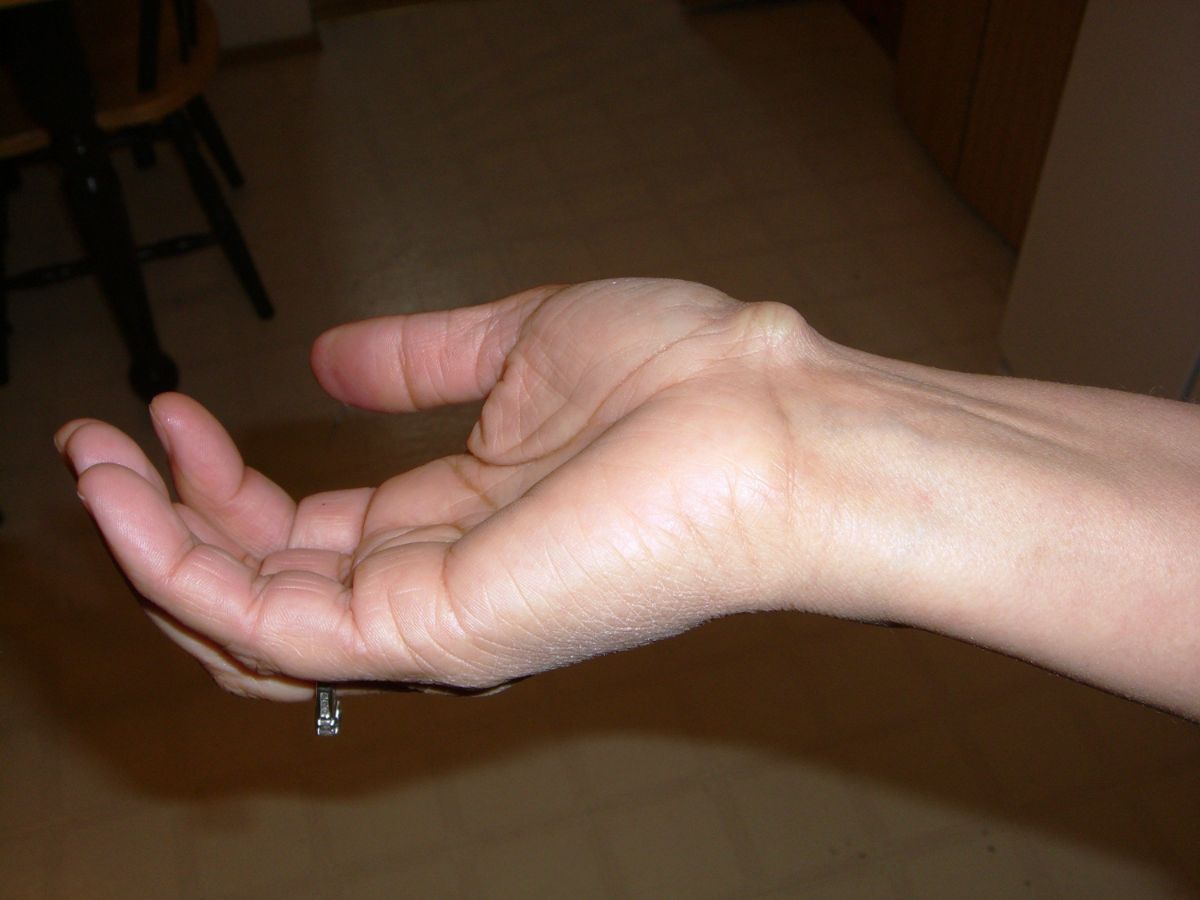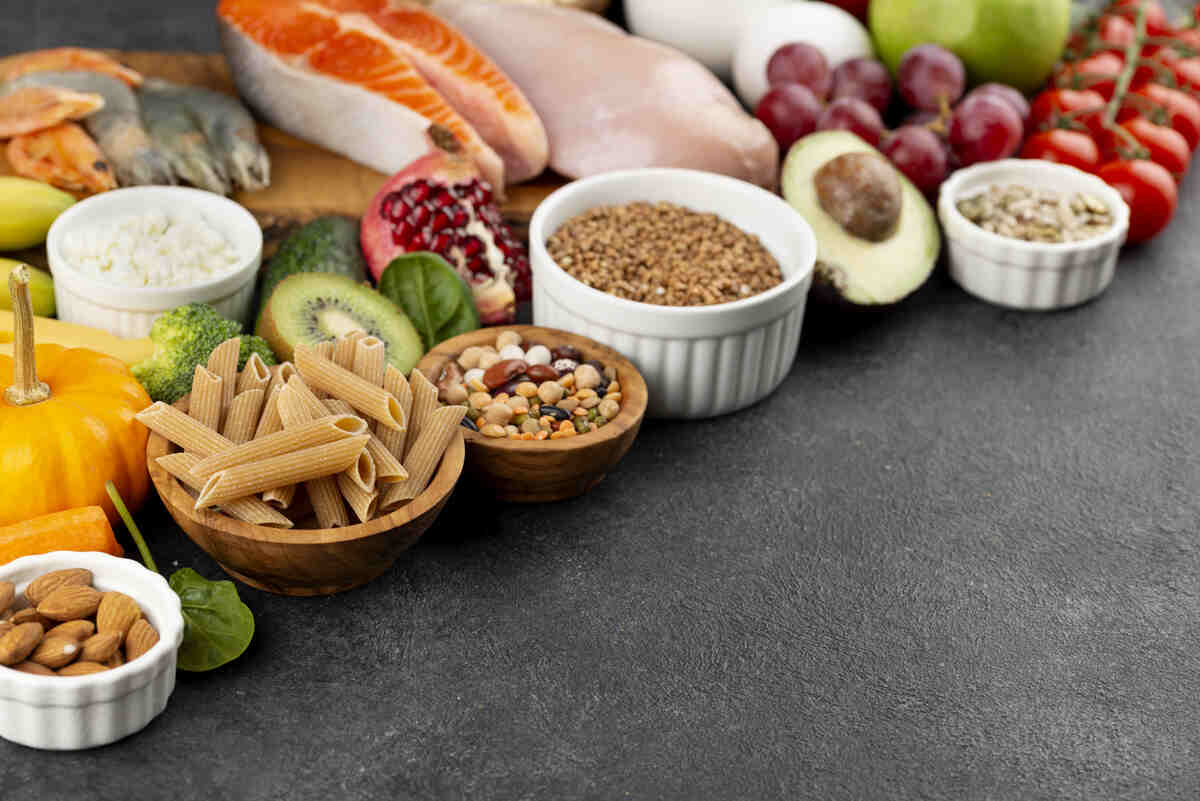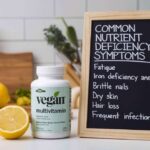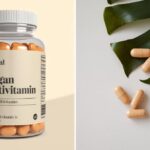Ganglion cysts, the fluid-filled lumps that typically form around joints or tendons, especially in the wrists and hands, are relatively common but often misunderstood. While they are usually benign, ganglion cysts can cause discomfort, affect mobility, and sometimes lead to pain if they press on nearby nerves. Though the exact cause of these cysts remains unclear, recent research has suggested a potential link between Ganglion Cyst Vitamin Deficiency. This blog will explore how the absence of key vitamins might contribute to developing ganglion cysts and how maintaining a balanced diet may offer a proactive approach to their prevention and management.
What Are Ganglion Cysts?
A ganglion cyst is non-cancerous, fluid-filled sac that often forms along the tendons or joints in the hands or wrists but can also appear on the ankles and feet. These cysts contain a thick, jelly-like fluid known as synovial fluid, which serves to lubricate the joints. While ganglion cysts vary in size and can change with activity—growing larger during movement and shrinking during rest—they are usually painless. However, if they press on surrounding nerves, they can cause pain, tingling, or weakness.
 The Role of Vitamins in Joint and Tendon Health
The Role of Vitamins in Joint and Tendon Health
Vitamins are essential for maintaining overall health, including the health of our tendons, ligaments, and joints. A deficiency in specific vitamins can impair the structure & function of connective tissues, leading to musculoskeletal problems. This raises the question: Could a vitamin deficiency be a factor in developing ganglion cysts?
Vitamin D: Vital for Bone and Tendon Health
Vitamin D is important nutrient for maintaining bone and joint health. It helps regulate calcium & phosphorus levels in blood, ensuring that bones remain strong and stable. Recent studies have propose that vitamin D deficiency could contribute to formation of ganglion cysts.
Vitamin D plays critical role in maintaining structural integrity of connective tissues, including tendons & ligaments. If these tissues are compromised due to low vitamin D levels, it could lead to inflammation, irritation, and the production of excess synovial fluid, which may trigger the formation of ganglion cysts.
Vitamin D-rich foods include:
- Fatty fish like salmon, mackerel, and sardines
- Fortified dairy products
- Egg yolks
- Mushrooms (exposed to sunlight)
Spending time in sunlight also helps the body naturally produce vitamin D.
Vitamin B6: Supporting Tendon Health
Vitamin B6 (pyridoxine) plays key role in protein metabolism and the production of neurotransmitters, making it vital for tendon health. A deficiency in vitamin B6 can weaken connective tissues, increasing the risk of tendon injuries and disorders, including ganglion cysts.
Some research indicates that sufficient levels of vitamin B6 may decrease the risk of developing ganglion cysts. Healthy tendons are less likely to become irritated and produce the excess synovial fluid that leads to cyst formation.
Vitamin B6-rich foods include:
- Poultry
- Fish
- Potatoes
- Chickpeas
- Bananas
- Fortified cereals
 Vitamin C: The Collagen Booster
Vitamin C: The Collagen Booster
Vitamin C is important for synthesizing collagen, a protein in connective tissues like tendons, ligaments, and skin. Collagen provides strength and elasticity to tissues, allowing them to withstand stress and strain. A deficiency in vitamin C can weaken connective tissues, making them more susceptible to injury and slower to heal. This can increase the likelihood of conditions like ganglion cysts forming.
Ensuring an adequate vitamin C intake through diet or supplements can support tendon health and potentially reduce the risk of ganglion cysts.
Vitamin C-rich foods include:
- Oranges and citrus fruits
- Strawberries
- Bell peppers
- Broccoli
- Kale
A Balanced Diet for Joint and Tendon Health
While research on the exact link between vitamin deficiencies and ganglion cysts is still ongoing, it’s clear that proper nutrition plays key role in maintaining healthy tendons and joints. A well-balanced diet rich in essential vitamins can support your overall health & help reduce the risk of ganglion cysts.
Here are some dietary tips to ensure you’re getting the proper nutrients for tendon and joint health:
- Vitamin D: Include fatty fish similar as salmon, mackerel, & sardines, along with fortified dairy products and egg yolks. Spend time in the sunlight to support natural vitamin D production.
- Vitamin B6: Incorporate poultry, fish, potatoes, chickpeas, bananas, and fortified cereals into your meals.
- Vitamin C: Add citrus fruits, strawberries, bell peppers, broccoli, and kale to your diet for optimal vitamin C intake.
 Managing Ganglion Cysts Through Nutrition
Managing Ganglion Cysts Through Nutrition
If you already have a ganglion cyst, focusing on nutrition may help prevent further cyst formation and improve the overall health of your tendons and joints. While dietary changes alone may not eliminate existing cysts, they can support your body’s resilience and reduce the risk of additional cysts forming. Addressing vitamin deficiencies through balanced diet is a proactive step in managing this condition and promoting overall joint health.
Other Preventive Measures
In addition to maintaining balanced diet, there are other steps you can take to prevent or manage ganglion cysts:
- Regular Exercise: Engage in physical activity to muscles & joints, reducing risk of injuries that could lead to ganglion cysts.
- Proper Ergonomics: Set up your workspace to avoid repetitive strain on your wrists and hands.
- Stretching and Warm-Up: Stretch before engaging in activities that stress your joints and tendons.
- Hydration: Stay hydrated to maintain the elasticity and resilience of connective tissues.
Conclusion
Understanding the relationship between ganglion cysts and vitamin deficiencies can empower you to take proactive steps to prevent and manage this common condition. Make suring an adequate intake of vitamins like Vitamin D, B6, and C can support the health of your joints and tendons, potentially reducing the risk of ganglion cysts. However, consulting with healthcare provider before making significant dietary changes or starting new supplements is essential, as everyone’s health needs are unique.


 The Role of Vitamins in Joint and Tendon Health
The Role of Vitamins in Joint and Tendon Health Vitamin C: The Collagen Booster
Vitamin C: The Collagen Booster Managing Ganglion Cysts Through Nutrition
Managing Ganglion Cysts Through Nutrition














